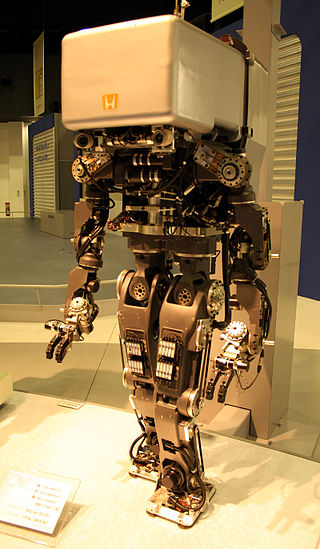The last part of a quality science curriculum is hands-on problem solving. (Go back to Part I.)
For information to stick, it must be used. Something as simple as being asked questions about what was just learned can help information stick. Ideally, the information is being put to use in reality to solve a problem. There is nothing–NOTHING–more effective at learning a subject.
This is all but absent in a traditional school. A traditional school offers science experiments. This is not what I am talking about. An experiment is merely meant to illustrate a concept. A student follows a prescribed set of instructions to then find out a prescribed outcome, with no decision making in the process. Dr. Nebel in Building the Foundation for Scientific Understanding says students don’t even remember doing the experiment let alone the lesson learned from it.
There are few schools that adopt a project based approach to learning at all. Some of them are however. I have heard of high schools that focus on projects. The students might manage a football team, direct a play, or run a business. This gets a big, “Right on!” from me. This is the direction education should go. The school that does this that I am aware of has students who can step in and take over projects, unlike the honors students from other schools, who are bound to their desk and dependent on external directions. The former example has healed the mind-body dichotomy. The latter has not.
I want to see this taken further. I want to see the projects be science-based. I want to see students build their own robots or perform their own experiments. Truthfully, I don’t know how to do this yet. This is where I want to grow in years to come. I know that preschool students do well with free-end activities, such as being allowed to explore a bin of materials. I imagine high school students doing formal science experiments to actually find answers. What are the incremental steps to get there? That’s what I am interested in.

I think it involves a lot of fun challenges, games, mysteries–the #1 unifying theme must be to solve a problem. The student’s intellectual abilities must be challenged.
My goal in teaching science is to make children feel intellectually potent. Science ultimately comes down to a few simple principles. Read the work of any intellectual genius. They speak of simplicity not complexity. I want to arm students with this simplicity and then unleash their intellectual and creative talents where it should go: towards solving problems.
This paradigm would be great for helping students pick a career. Let them get their hands dirty! Let them get some experience at doing a few different jobs. Do they like it? Could they see themselves doing it daily? What more could motivate them to do well in college? FREE THEM FROM THEIR DESKS.
I look forward to growing in this way and understanding hands-on projects. Drop me a line with your thoughts! My email is helloamber@gmail.com.
Please share! And look for my elementary science program, coming soon.